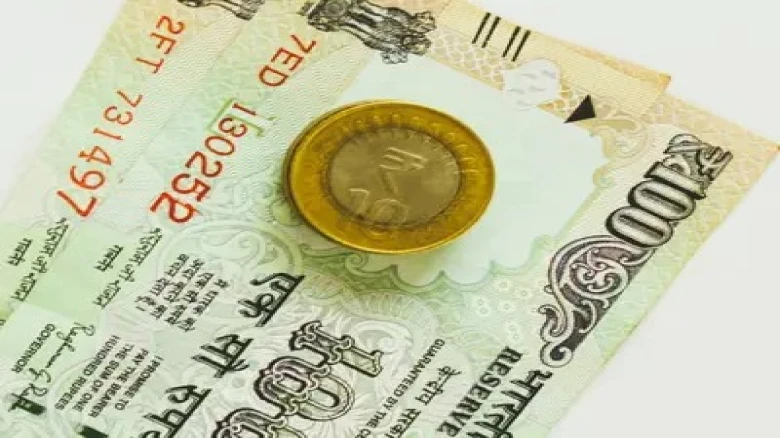Regional

As voters cast their ballots, they navigate a terrain shaped by divergent fortunes...
Digital Desk: As the first phase of the Lok Sabha polls unfolds, a staggering wealth gap among candidates has come to the forefront, painting a stark picture of inequality in India's political landscape. The chasm between the richest and poorest contenders is a staggering ₹716 crore, a chasm emblematic of deep-rooted disparities in the nation.
The Association for Democratic Reforms (ADR), scrutinizing 1,618 out of 1,625 candidates, unveiled alarming findings. Out of this pool, 10 candidates declared their assets as zero, underscoring the economic struggles faced by certain aspirants amidst the electoral fray. Furthermore, a significant portion, 28% to be precise, emerged as 'crorepatis,' possessing assets exceeding ₹1 crore.
At the apex of this wealth pyramid stands Nakul Nath of the Congress, hailing from Chhindwara in Madhya Pradesh, with declared assets worth an astronomical ₹716 crore. The scion of former Chief Minister Kamal Nath, Nakul Nath's colossal wealth symbolizes the entrenched influence of affluent political dynasties.
Following closely is Ashok Kumar of the AIADMK, contesting from Erode in Tamil Nadu, with declared assets amounting to ₹662 crore. The vast economic resources wielded by such candidates underscore the formidable financial muscle backing their electoral campaigns.
However, amidst this opulence, pockets of relative modesty emerge. Dhevanathan Yadav of the BJP, contesting from Tamil Nadu's Sivaganga constituency, stands third with assets worth ₹304 crore, followed by Mala Rajya Lakshmi Shah of the BJP and BSP's Majid Ali, with declared assets of ₹206 crore and ₹159 crore respectively.
Conversely, the disparity is most striking when juxtaposed against the modest fortunes of the poorest candidates. Ponraj K, an Independent candidate from Tamil Nadu's Thoothukudi, declared assets worth a mere ₹320, epitomizing the vast gulf in economic standing within the electoral spectrum.
Amidst the glitz and glamour of electoral fervor, the revelation of such gaping economic disparities serves as a poignant reminder of the complex socio-economic realities pervading Indian politics. As voters cast their ballots, they navigate a terrain shaped by divergent fortunes, underscoring the imperative for equitable representation and inclusive governance.
Leave A Comment